Last Updated: July 2, 2025
This AI Just Took Over a Job You Thought Was Safe — Is Yours Next?
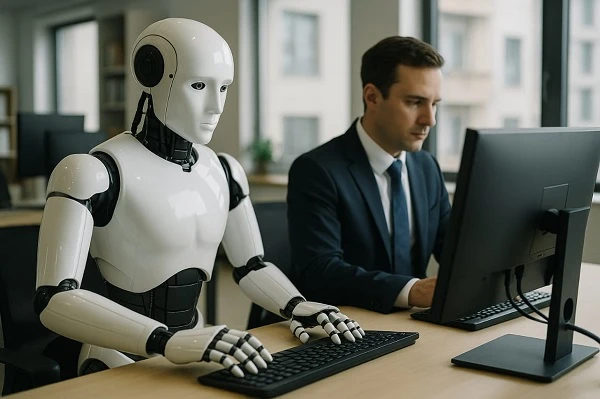
Think your job is future-proof? Think again. Artificial Intelligence has quietly infiltrated professions once thought untouchable — and now it's rewriting the rules of work, faster than anyone imagined. From high-paid coders and graphic designers to legal analysts and consultants, AI is proving it's not just coming for the repetitive stuff. It's coming for the skilled stuff too.
From Blue Collar to White Collar
For years, we were told AI would automate factory lines and delivery routes. But in 2025, it’s doing something much bolder: generating entire legal contracts, writing production-ready code, designing logos, producing video content, and even diagnosing diseases with more accuracy than human doctors.
One recent case in San Francisco saw a well-regarded legal firm quietly replace 60% of its junior staff with an AI legal assistant capable of processing case law, drafting motions, and providing litigation strategies — all within seconds.
The Job Titles Under Threat
The most impacted? High-paying, creative, and analytical roles:
- Software Engineers: Platforms like GitHub Copilot and GPT-4 are now writing full applications with minimal human oversight.
- Legal Analysts: AI tools are analyzing legal documents faster, cheaper, and often more accurately than junior lawyers.
- Designers: Tools like Midjourney and Adobe Firefly are creating stunning graphics in seconds based on just a prompt.
- Writers: AI-generated content is now ranking on Google, replacing armies of freelance copywriters.
Real-World Disruption
In India, a top coding bootcamp saw its graduates struggle to find jobs as tech companies began favoring AI-augmented teams. In London, an architectural firm laid off half its design staff after adopting AI-assisted modeling software. In the U.S., legal process outsourcing firms are being replaced by smarter, cheaper AI legal engines.
What Jobs Are Still Safe?
Experts suggest that roles combining emotional intelligence, physical presence, and strategic decision-making may remain safe — for now. Think:
- Healthcare (nursing, therapy)
- Construction and field services
- High-level management and leadership
- Education (particularly early childhood and special needs)
The Psychological Toll
Beyond economics, this shift is sparking anxiety, imposter syndrome, and burnout. Professionals are being forced to "upskill" overnight or risk obsolescence. Even seasoned veterans in tech and law are finding themselves competing with tireless, always-learning algorithms.
Where Do We Go From Here?
Policymakers are scrambling to define ethical boundaries. Should AI-generated legal advice be held to the same standards? Should job applicants disclose use of AI tools in portfolio work?
Meanwhile, companies are enjoying record efficiency. And that raises a critical dilemma — if productivity is rising but human jobs are falling, who really benefits?
Conclusion: Prepare, Don’t Panic
The AI revolution isn’t on the horizon. It’s already here. And it’s not just threatening jobs — it’s changing the very definition of work. The best strategy? Stay informed, stay adaptive, and most of all — stay human.
The next wave of disruption might not come for your job title. It might come for you.
You May Also Like:
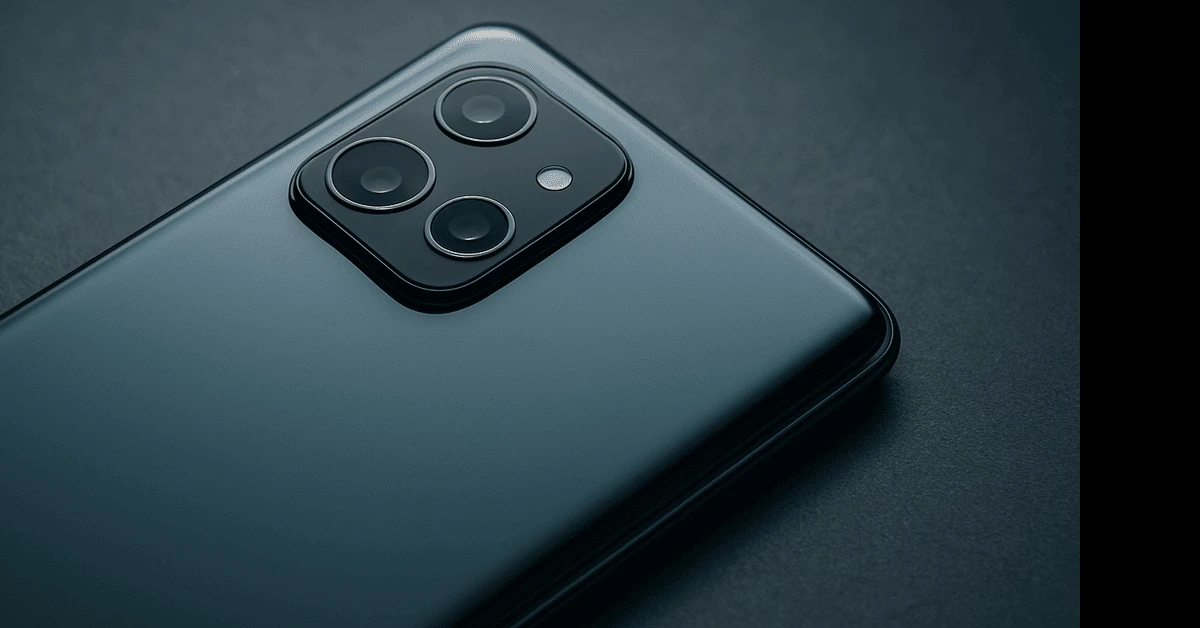
How Chinese Brands Quietly Took Over Global Smartphone Design...
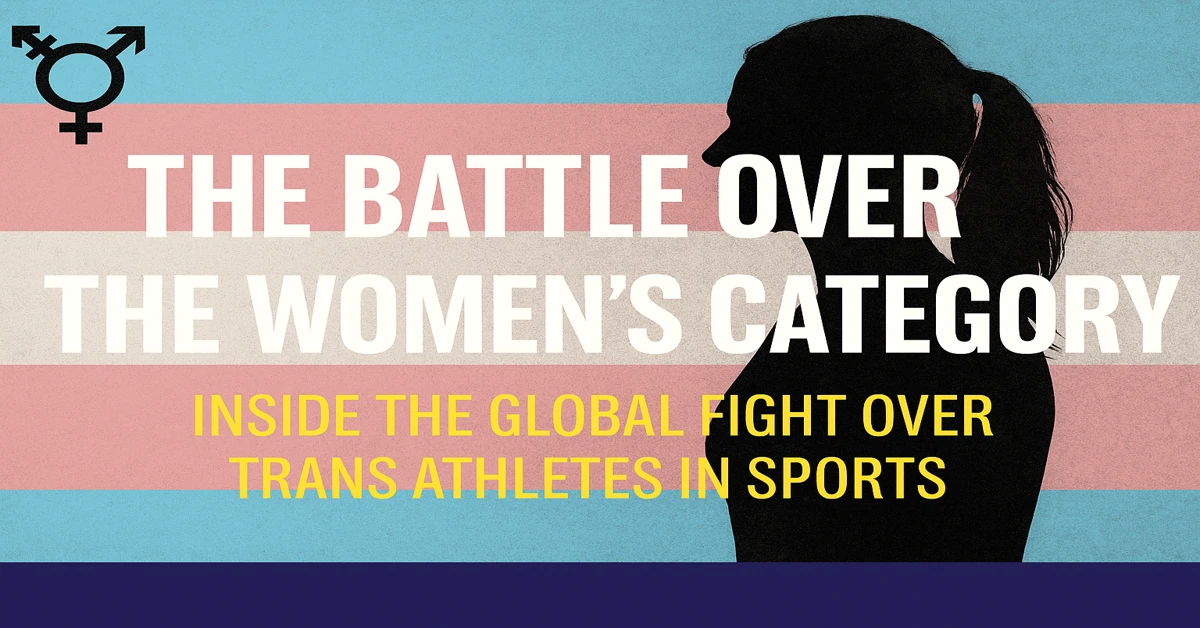
The Battle Over the Women’s Category: Inside the Global Fight Over Trans Athletes in Sports...
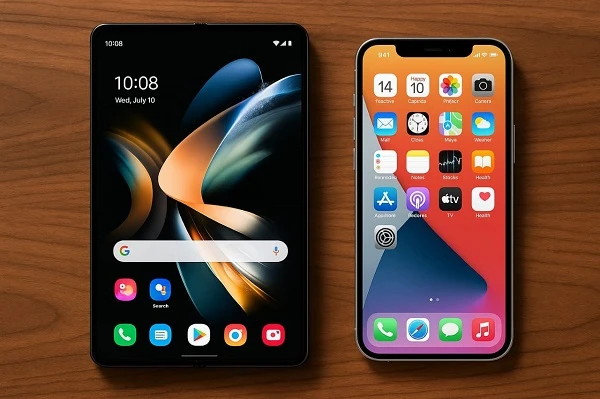
Foldable Phones Just Got Real: What Samsung’s Z Fold 6 Can Do That Your iPhone Can’t!...
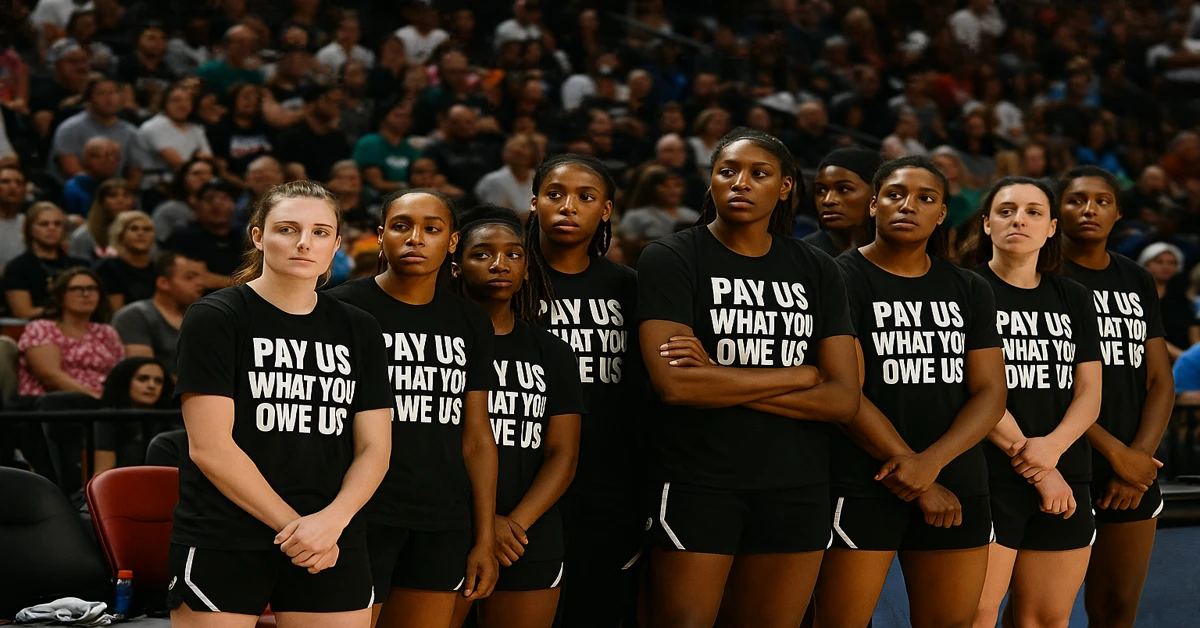
WNBA Pay Us What You Owe Us Rally: Why Players Are Demanding Fair Pay and What Happens Next...

Texas Flood Tragedy: Doctor Fired Over Heartless Comment, Pat Green’s Family Lost & 7 Shocking Sto...

You Could Be Fined €3,000 Over Your Burqa — Italy’s New Bill Explained...

Pakistan’s Next Babar Azam? Maaz Sadaqat’s Heroics Leave Fans Stunned...

